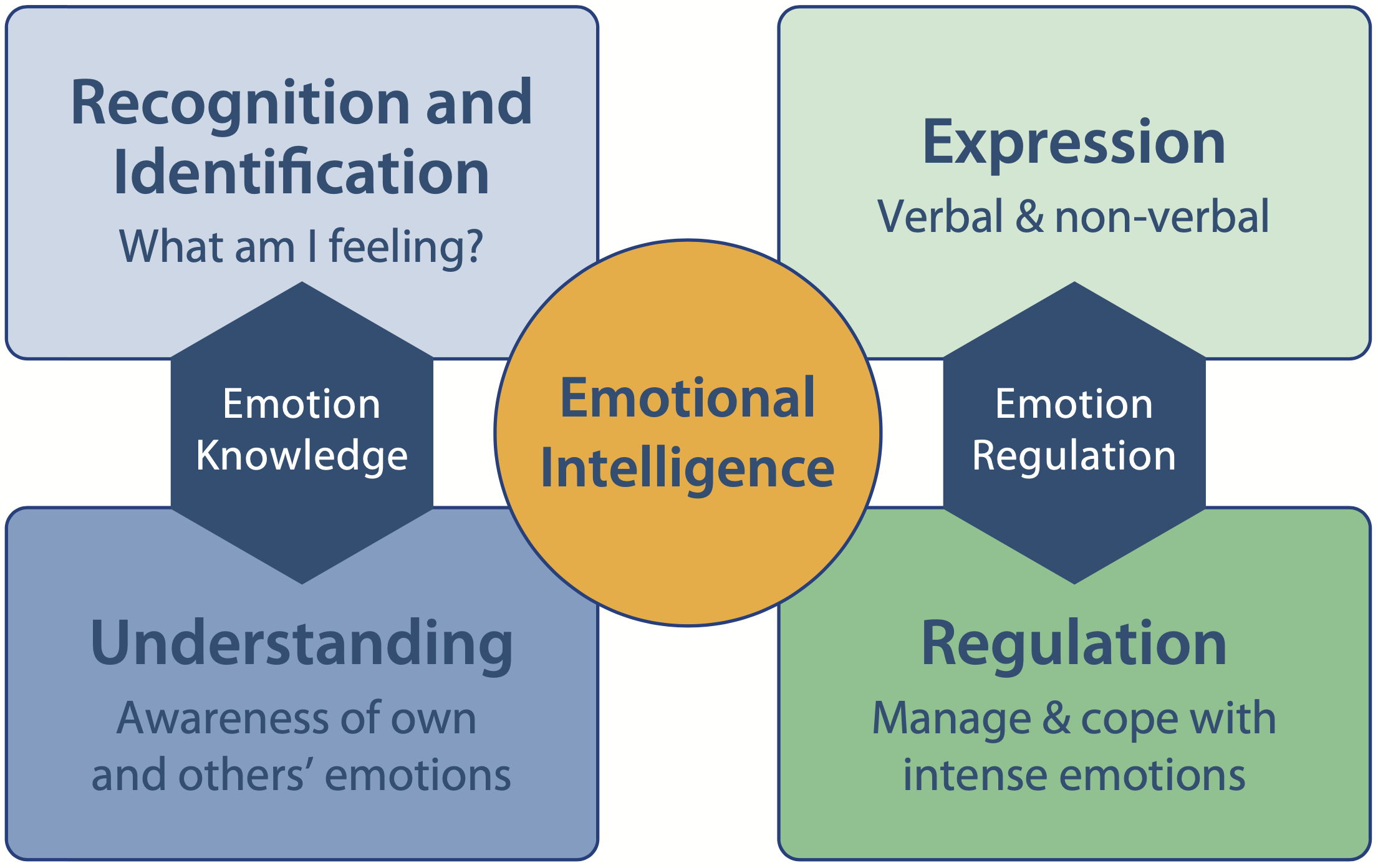The Architecture of Spectacle: A Multidisciplinary Analysis of the Psychology, Sociology, and Ontological Impact of Reality Television


@jorgebscomm for @empowervmedia*
FACT CHECKED ✅
In today's complex world, intellectual intelligence (IQ) is no longer the sole indicator of success. Emotional intelligence (EQ), the ability to understand, use, and manage our own emotions in positive ways to navigate social interactions effectively, is increasingly recognised as a vital skill. This article explores the importance of emotional intelligence (EQ) in communication and relationship management, offering evidence-based strategies for developing this crucial skillset.
 |
| Emotional intelligence is increasingly recognised as a vital skill. (📷 thechoice) |
Research by Travis Bradberry and Jean Greaves in their book "Emotional Intelligence 2.0" demonstrates the significant impact of EQ on various aspects of life. Individuals with high EQ tend to:
• Communicate more effectively: They express themselves clearly, actively listen to others, and manage conflict constructively.
• Build stronger relationships: They foster trust, empathy, and positive connections with others.
• Perform better at work: They exhibit greater leadership potential, manage stress effectively, and navigate workplace dynamics with greater ease.
• Enjoy better mental health: They are better equipped to cope with challenges, experience less stress, and maintain overall well-being.
 |
| (📷 housmaninstitute) |
Emotional intelligence is often described as a four-part model:
1. Self-awareness: Recognising your own emotions, understanding how they affect your thoughts and behaviours, and acknowledging your strengths and weaknesses.
2. Self-regulation: Managing your emotions in healthy ways, including delaying gratification, controlling impulses, and coping with stress effectively.
3. Social awareness: Recognising and understanding the emotions of others, picking up on social cues, and displaying empathy.
4. Relationship management: Building and maintaining healthy relationships, navigating conflict constructively, and influencing others through emotional intelligence.
The good news? Emotional intelligence is not a fixed trait. Here are some evidence-based strategies to enhance your EQ:
• Practice Mindfulness: Mindfulness meditation and other mindfulness exercises can help you become more aware of your emotions and how your body reacts to them.
• Journaling: Regularly reflecting on your emotions, thoughts, and experiences can aid self-awareness and identify patterns.
• Cognitive Reframing: Challenge negative thought patterns and reframe them into more positive and productive perspectives.
Effective communication and relationship management are two areas where emotional intelligence plays a crucial role. Here's how to leverage EQ in these areas:
• Tailor Your Communication Style and Actively Listen: Consider your audience, adjust your style accordingly, and pay close attention to both verbal and nonverbal cues to develop empathy and understanding.
• Clear and Concise Communication: Express your thoughts and feelings clearly, avoiding ambiguity. Focus on "I" statements to take ownership of your feelings and avoid accusatory language.
• Manage Difficult Conversations: When addressing disagreements, remain calm, respectful, and solution-oriented.
• Practice Gratitude and Set Healthy Boundaries: Expressing appreciation for others strengthens bonds and fosters positive interactions. Establishing clear boundaries protects your well-being and builds healthier relationships.
Empathy, the ability to understand and share the feelings of others, is a cornerstone of emotional intelligence. Research by the University of Palermo and the IRCCS Oasi Research Institute suggests that empathy fosters prosocial behaviour and strengthens relationships. By actively listening, validating emotions, and showing genuine concern for others, we build trust and create stronger connections.
 |
| Individuals with high EQ tend to communicate more effectively. (📷 betterup) |
Emotional intelligence is a valuable skill that empowers individuals to navigate the complexities of human interaction. By developing self-awareness, managing emotions effectively, fostering empathy, and applying these skills in communication and relationship management, we can build stronger connections, achieve greater success, and enhance our overall well-being.
Comments